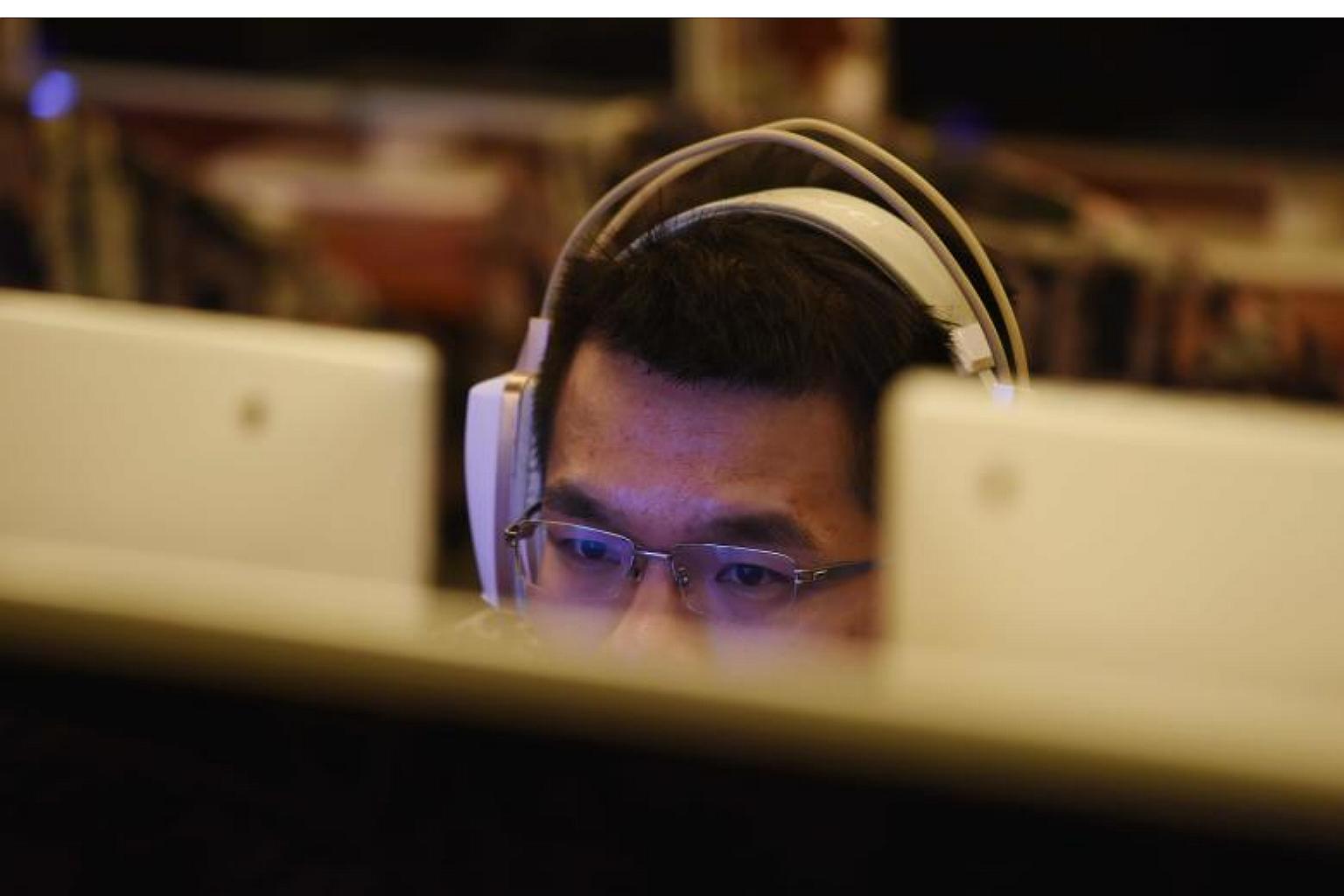China cements lead in supercomputing
Sign up now: Get insights on Asia's fast-moving developments

China pipped traditional leader US for a second time to claim 202 of the world's 500 fastest supercomputers.
PHOTO: AFP
CHINA - China has cemented its lead in the global supercomputer race, with three indicators this month showing how far it has come in recent years, aided by a concerted, state-led push into science and technology.
Last week, China pipped traditional leader US for a second time to claim 202 of the world's 500 fastest supercomputers. While still in second place, the US' 143 systems is its smallest presence on the TOP500 since the list was created 25 years ago.
Supercomputers work by crunching vast amounts of mathematical calculations and have broad applications from genetic and climate research to missile development.
And while China has boasted the world's most powerful machine since 2013, its growing prowess in supercomputers also extends to software know-how.
For the second year in a row, a Chinese team was awarded the Gordon Bell prize, a top honour in the field for innovation in applying high performance computing to science, engineering and data analytics problems.
This year's team won for creating a detailed 3D simulation of the 1976 Tangshan earthquake - the most deadly quake in the 20th century - by making sense of vast amounts of data covering the entire 320 sq km area that was hit.
Chinese students are also proving to be world-beaters at international supercomputing competitions.
At a global contest last week, the clear favourite was a team from Tsinghua University, which had claimed eight crowns in previous contests and was going for its second grandslam of titles, having won the two other major competitions earlier in the year.
It was edged out by a team from Singapore's Nanyang Technological University (NTU), which did not stop Xinhua from claiming a victory for Chinese technical ability.
"Tsinghua narrowly missed winning its third straight international computer competition of 2017 - edged out by a Singapore team comprised of all mainland Chinese students," it said.
How did China go from barely making a dent in this arena a decade ago to clear leaders today?
Experts point to Beijing's desire for prestige, and to reclaim China's historic position as a world leader in science and technological innovation. Supercomputers have become a key tool as research breakthroughs in basic science become more difficult to obtain.
Dr Aparna Basu, an expert in scientometrics (the study of measuring science), noted that China is on track to meet its goal of doubling national R&D investment intensity to 2.5 per cent of GDP in the 15 years to 2020, and that the heavy investment has "clearly paid off in China's rise in science".
"While the US and EU still have plans to compete for (supercomputing) leadership, they seem to be falling further behind," she wrote in a recent paper.
Tthe majority of Chinese students today continue to pick the sciences over the arts from high school onwards, viewing it as the path to better-paying jobs.
Mr Li Siyuan, a team leader with the winning NTU team, noted for instance that nine out of 10 students in his high school back in Hebei study the sciences.
Cutting edge fields like supercomputing have also received the blessings of top leaders such as Premier Li Keqiang, who sees it, together with big data and artificial intelligence, forming China's Internet Plus strategy to find new drivers of growth through information technology.
"Supercomputers in China are driven by the government, which have made huge investments as they want to take the lead in the TOP500," said Professor Francis Lee from NTU's School of Computer Science and Engineering.
"And they are pursuing research in areas like astronomy and seismic simulation, which require a lot of computational power."


